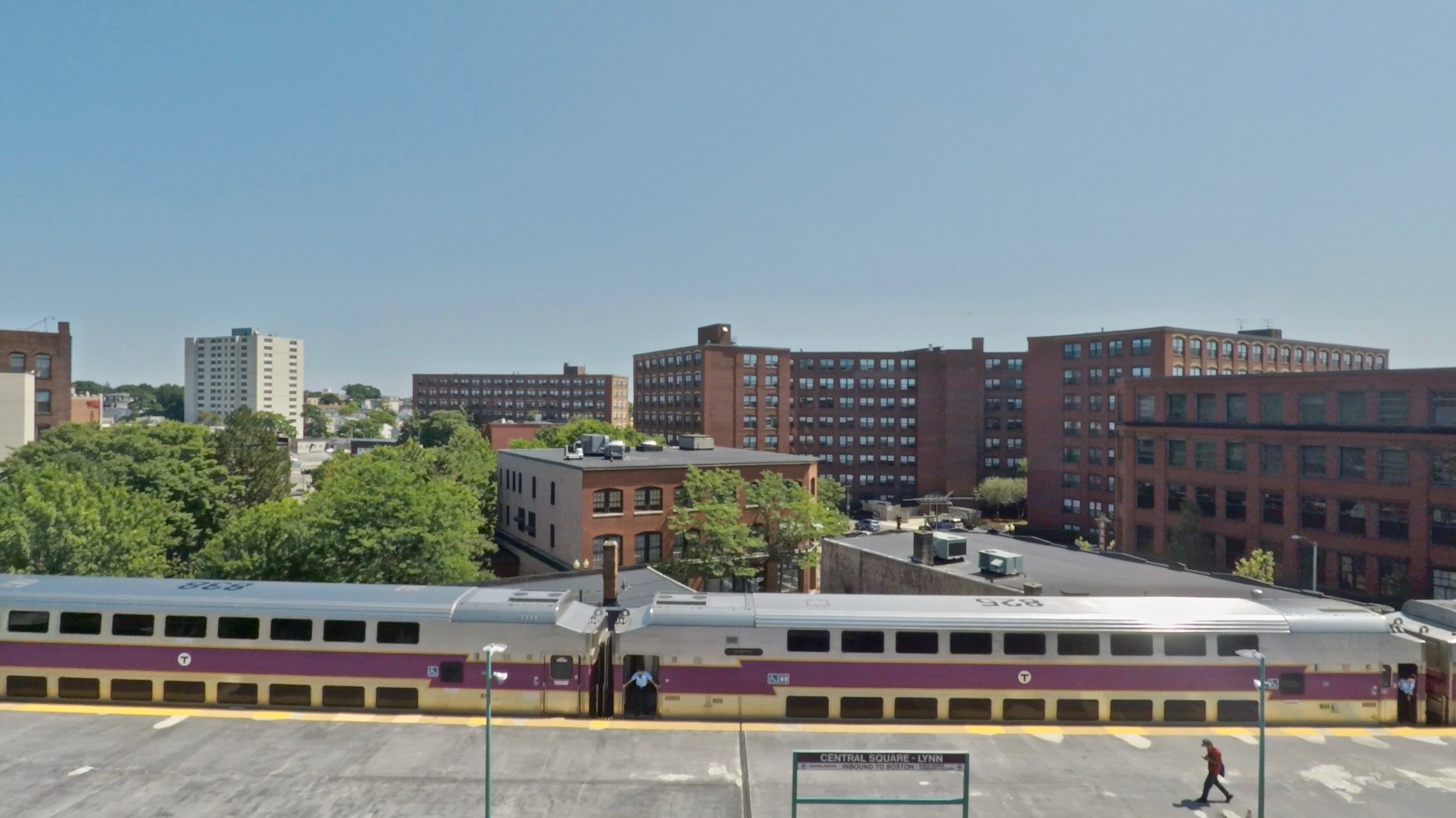
In a show of support for more equitable access to public transit, an outside section of the FY 2019 budget calls on MassDOT to review MBTA commuter rail fares, including an examination of the “fairness of the current distance-based fare system,” which effectively prohibits low-income Gateway City residents from utilizing the service, and also makes the economics of transit-oriented development in Gateway Cities far more difficult.
The language also specifically calls for examining the potential for discounted fares for all Gateway City riders, regardless of income. The Gateway City TOD report MassINC released in April called for exploring such an approach, given the potential GHG reduction benefits of encouraging growth and development in walkable Gateway City neighborhoods with existing transit connections.
The outside section asks MassDOT to submit written findings by the end of the year.
See below for the full text.
SECTION 87. The Massachusetts Department of Transportation shall complete a comprehensive review and study of the current methods utilized to set fare rates on the Massachusetts Bay Transportation Authority commuter rail. The study shall include, but not be limited to, an examination of: (i) the fairness and equity of the current distance based fare system that utilizes fare zones; (ii) pricing based on track distance from the terminal station; (iii) the impacts of commuter rail fare price on passengers’ transportation choices, considering frequency of service, travel time and parking costs, between commuter rail, motor vehicle transportation, public bus and subway service; (iv) the potential for lower interzone fares to encourage ridership outside core central stations; (v) the potential for discounted fares for riders in gateway cities or similarly situated municipalities; and (vi) the potential for utilizing a variable pricing system based on the time of day. To complete the study, the department shall utilize, to the extent possible, updated passenger counts at all commuter rail stations for the most recent calendar year, including data collected using an automated passenger count system from all commuter rail cars. The Massachusetts Bay Transportation Authority shall use the outcome of the study and the data collection to inform fare policy decisions. The department shall submit a written report of its findings, including recommendations, with the clerks of the senate and the house of representatives, the senate and house committees on ways and means and the joint committee on transportation not later than January 1, 2019.
